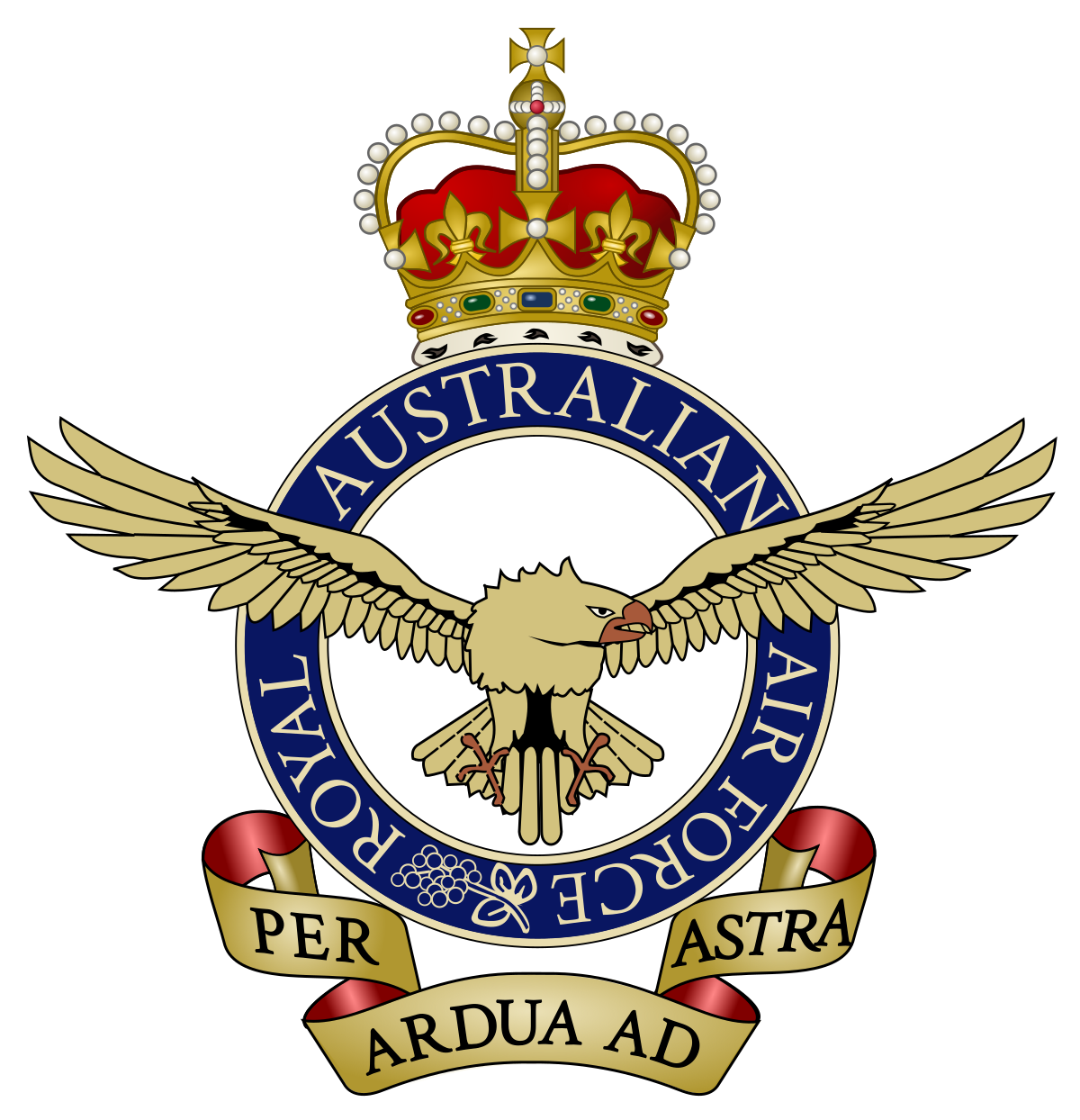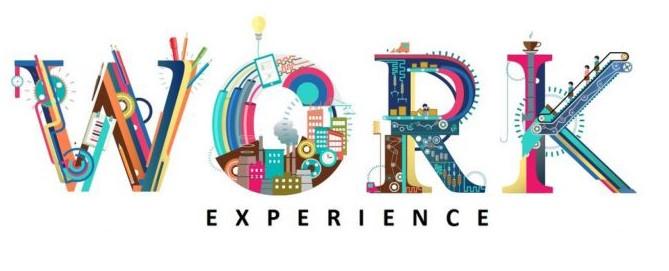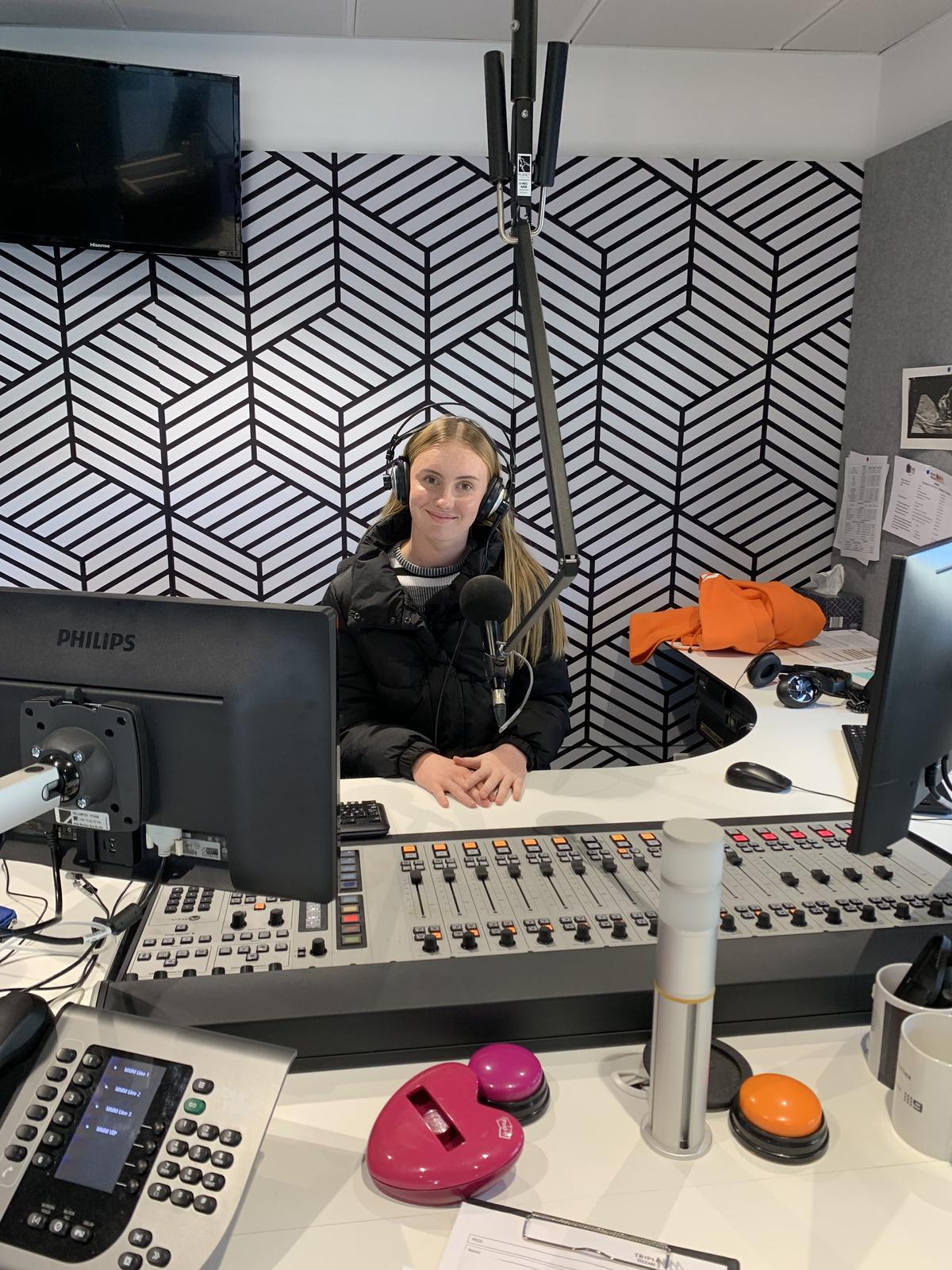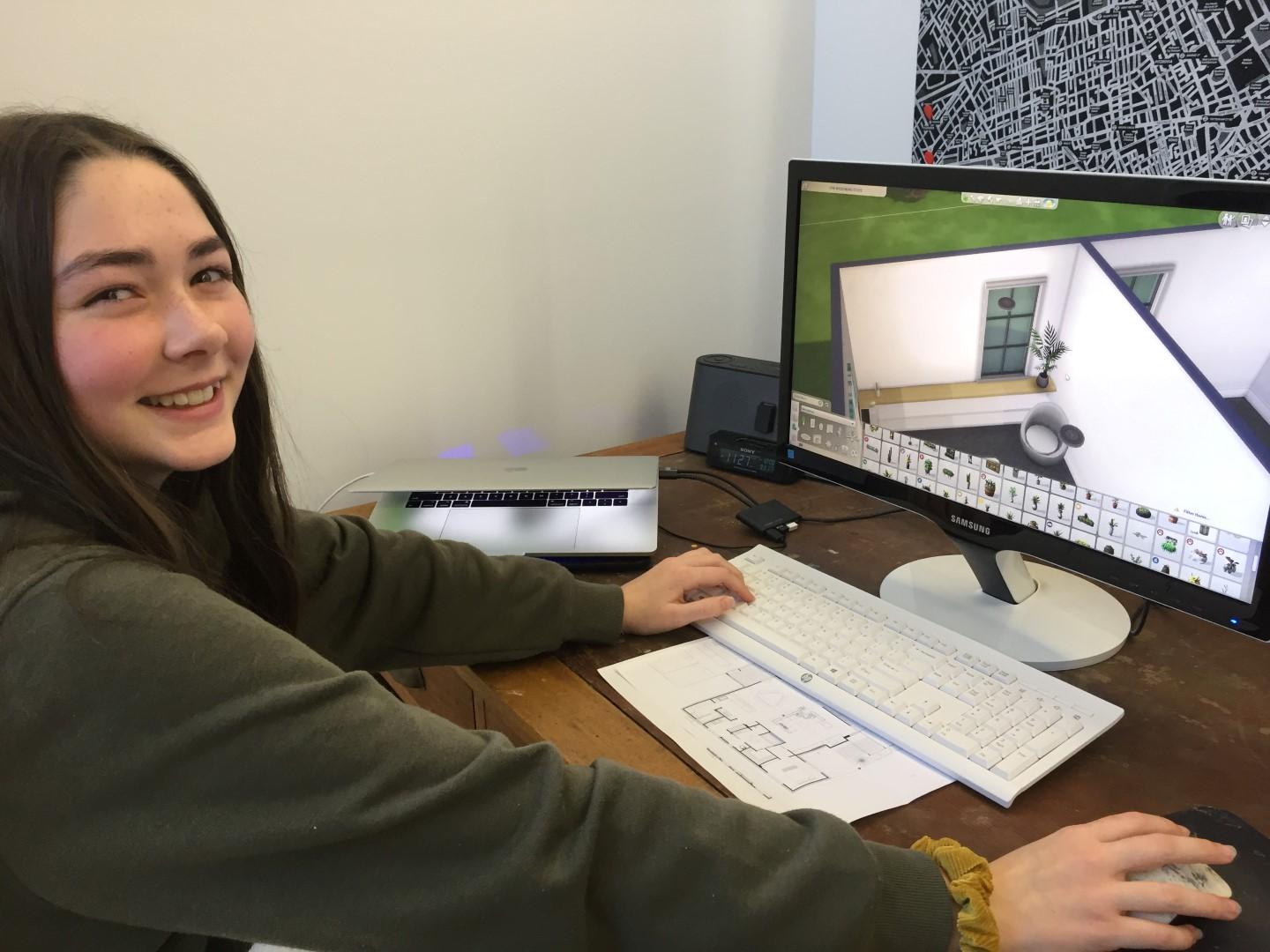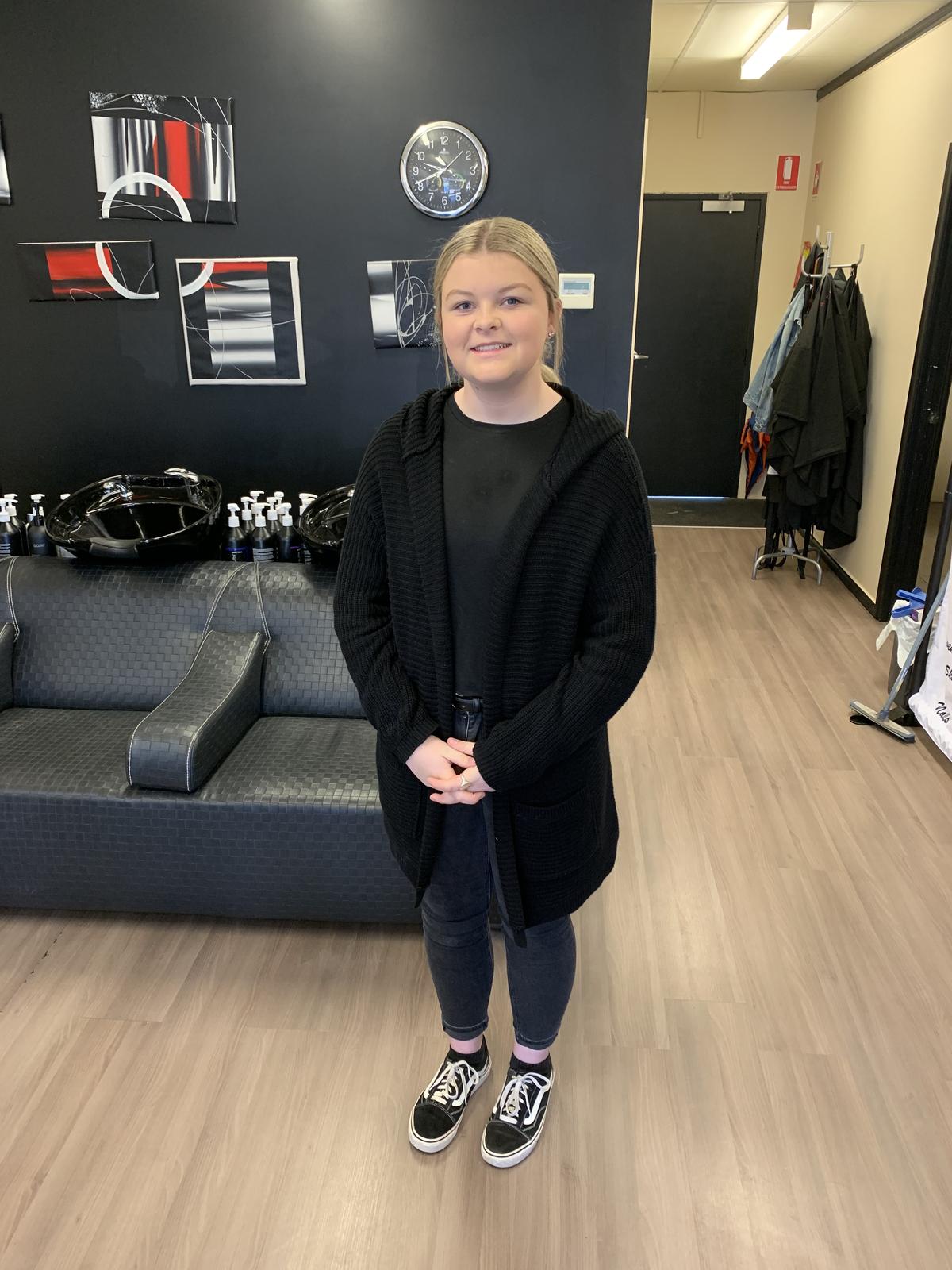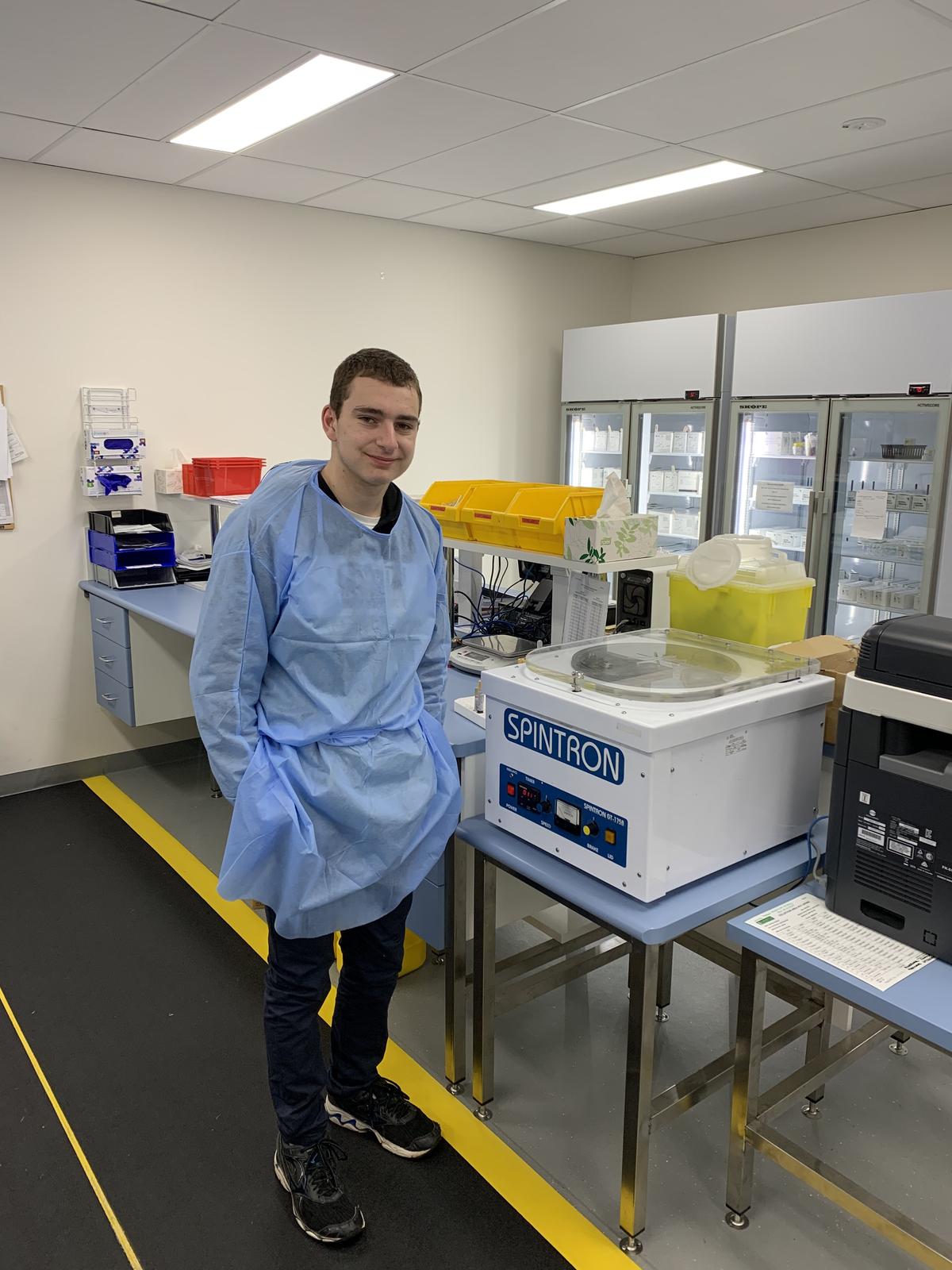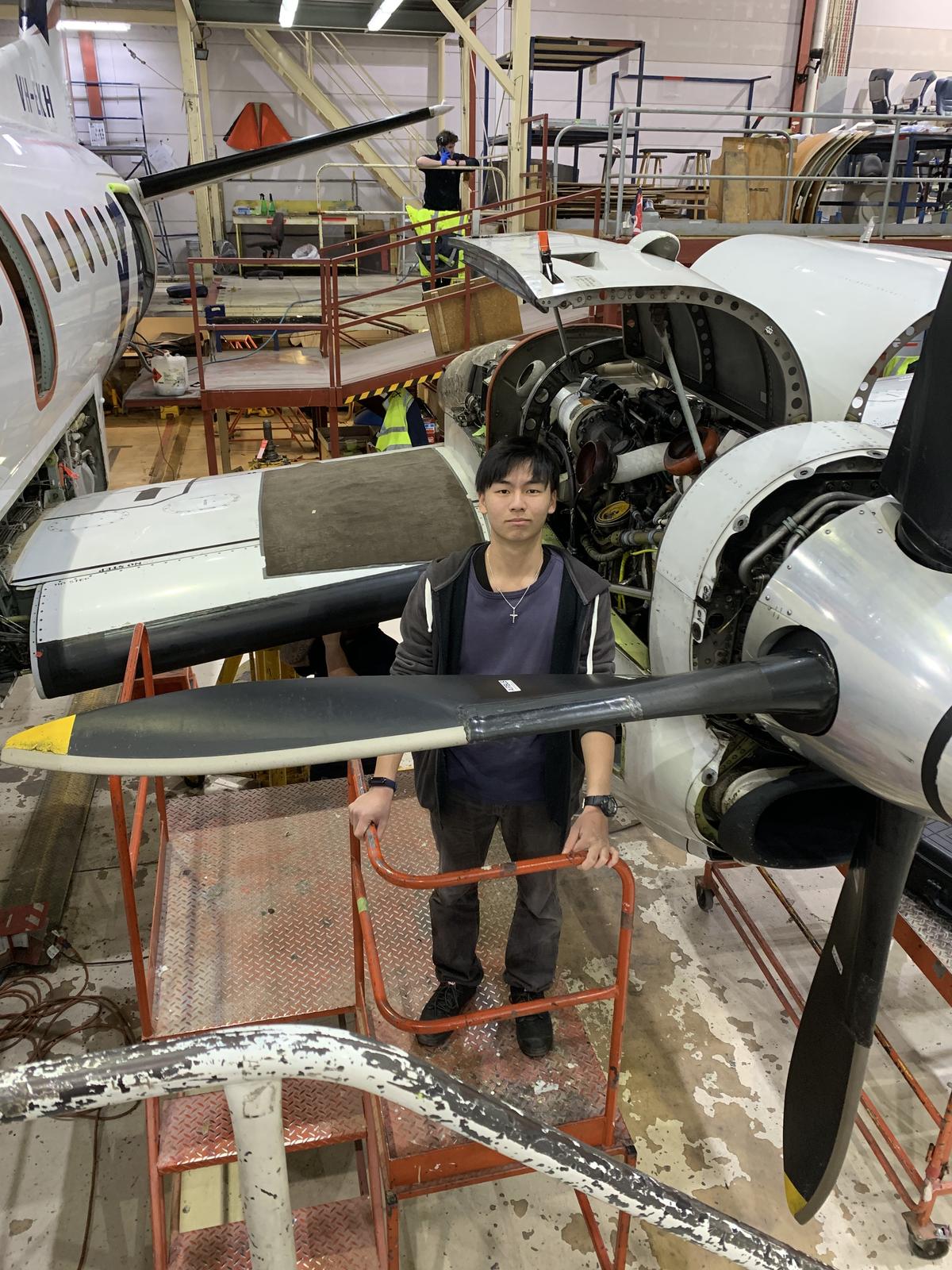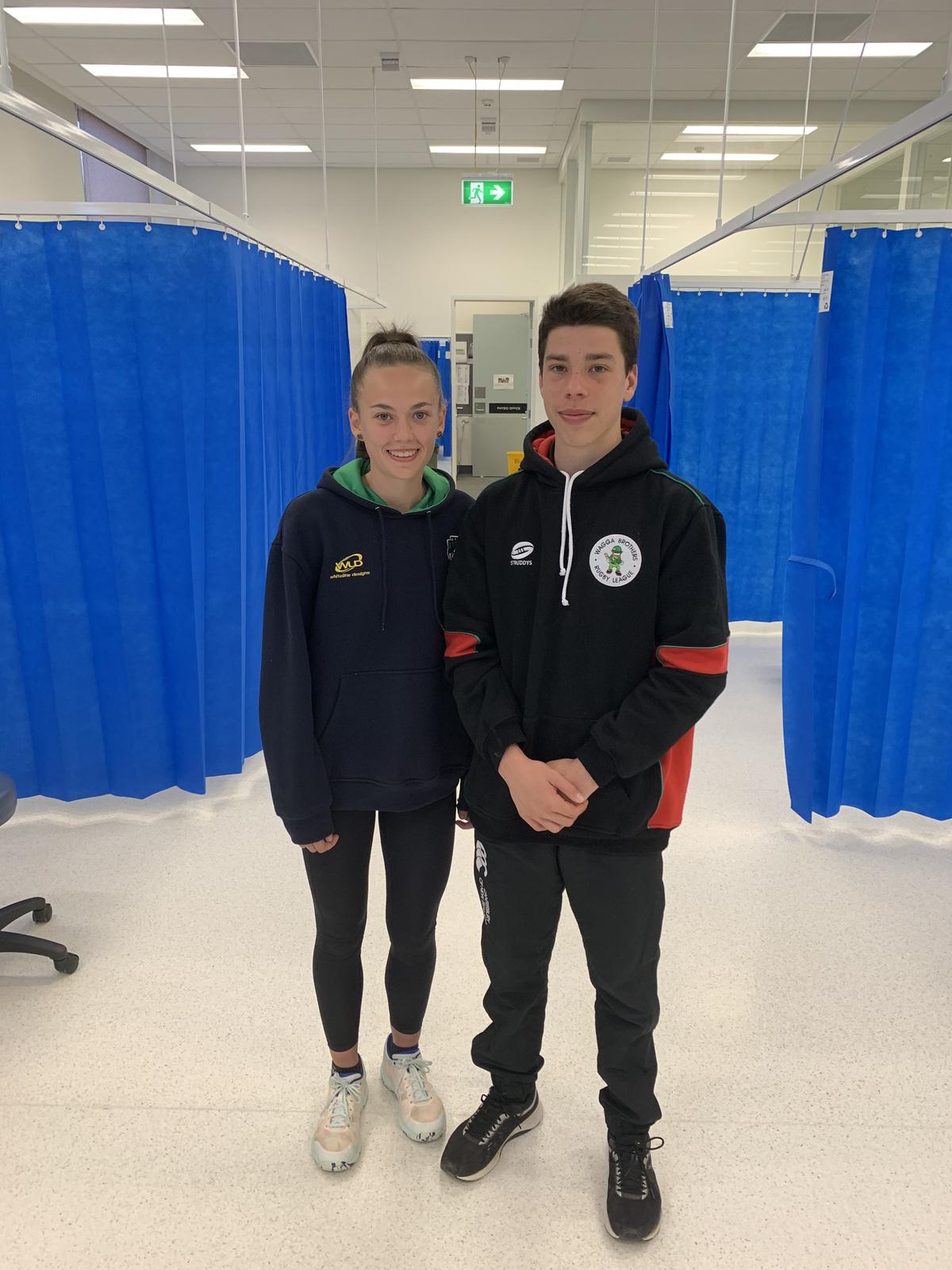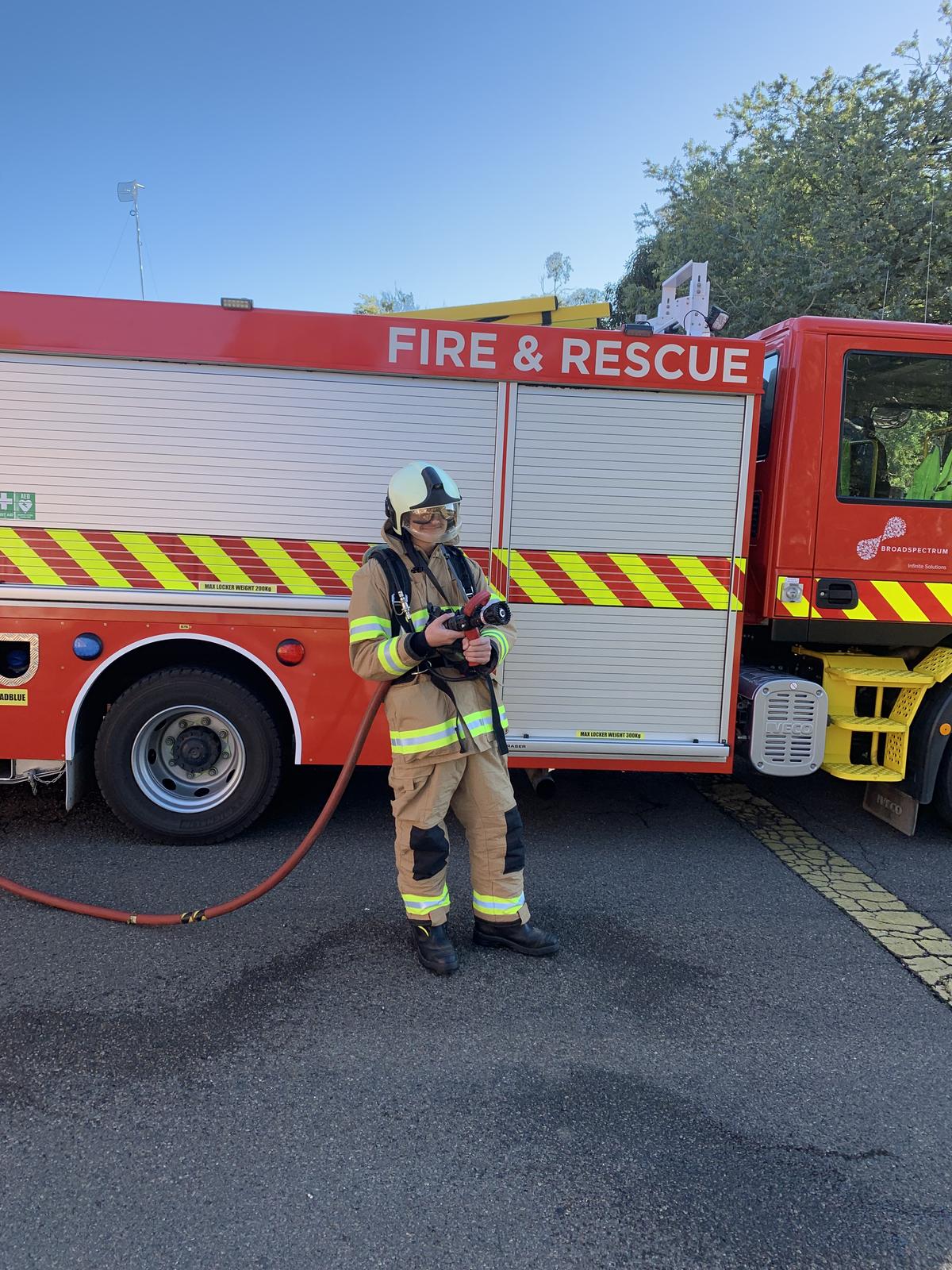Transition and Pathways
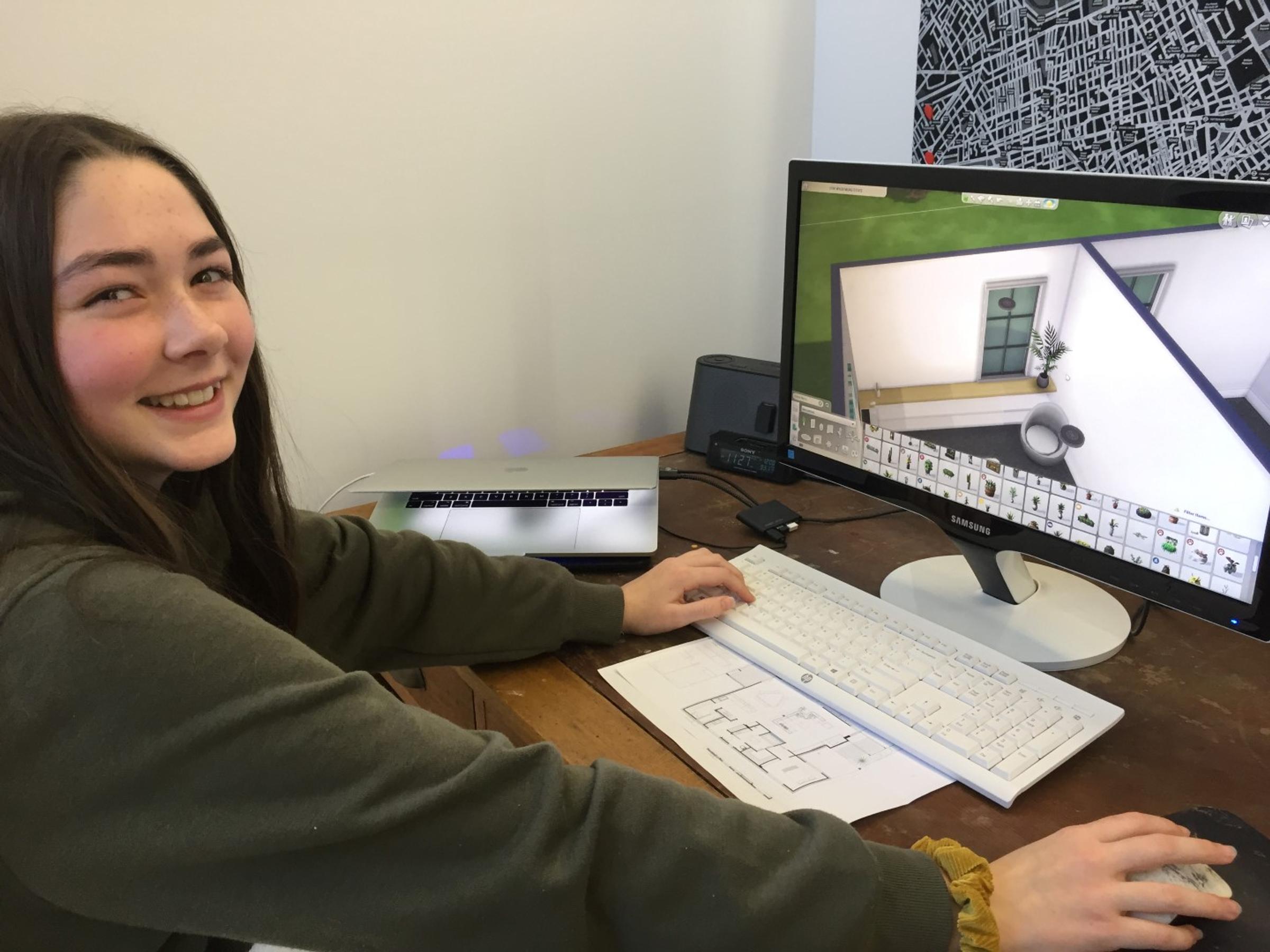
Thinking of a career in aviation? Becoming a cadet is a great way to explore what life is like in the Air Force, as well as gaining a variety of skills and experience.
Some activities undertaken by the Australian Air Force Cadets include flying, field craft, adventure training, firearms safety training, drill and ceremonial, service knowledge, aeromodelling, navigation and gliding.
Applications are open now. Find out more and apply here.
Have you thought about work experience yet?
When you’re still at school it’s the ideal time to have a crack at work experience. It could help you decide what careers really interest you, as well as which ones to rule out. Which in turn could help you choose which subjects and courses you’ll need to study.
You’ll learn new skills and get insight that could help you both at school and down the track. It’s never too early or too late to try out different roles and gain more experience. So whether you’re still at school or studying at university, organising a work placement is a smart move.
~Click on images to enlarge~
Some of the main benefits include:
Pinning down your personal career goals by sampling different industries and jobs without the commitment of a permanent contract.
Gaining first-hand experience of an industry. In addition to having the right qualifications, this could be a competitive advantage over other applicants when you’re applying for jobs.
Improving your knowledge and skills.
Building up a network of contacts, which could be great for references, recommendations, and potential job opportunities.
You’ll get to
see how the working world works
experience how people work together
find out if an industry or job is as you imagined, and decide if it’s the right fit for you
Give perspective to your schoolwork
understand how important good English, Maths and Tech skills are at work
find out how things you’ve learnt about at school are put into practise
Learn and grow
get the opportunity to test drive and improve your communication, team working, planning, organising, timekeeping, and problem-solving skills, for example
teach you to cope in new environments and settings
find out how to work co-cooperatively with people you don’t know
build your confidence and independence
Add it to your resume
work experience could make you more appealing to potential employers
counts as experience on job applications
demonstrates you’re motivated and keen to learn
you’ll have examples to use during interviews
could put you ahead of other applicants
Where to find work experience
If you’re tempted to get some work experience, speak to your school, TAFE or university. As work experience is often included as part of your studies, they may have a program already in place that could get you into some work experience.
Alternatively, you could contact organisations you’d like to work with directly and see if you can score your dream opportunity. Large companies and organisations, your local council and local businesses in your area are good examples of places to start your search.
During high school most of the work experience you’ll undertake will be unpaid. Don’t see that as a negative, you’ll be receiving training, mentoring and exploring your interests and suitability for careers and industries in return.
Volunteering with community or local organisations can count as work experience too, and if you are enthusiastic, reliable and willing to learn, it could lead to more work experience opportunities and potentially job offers.
Mr Richard O'Connell | Transition and Pathways Specialist

